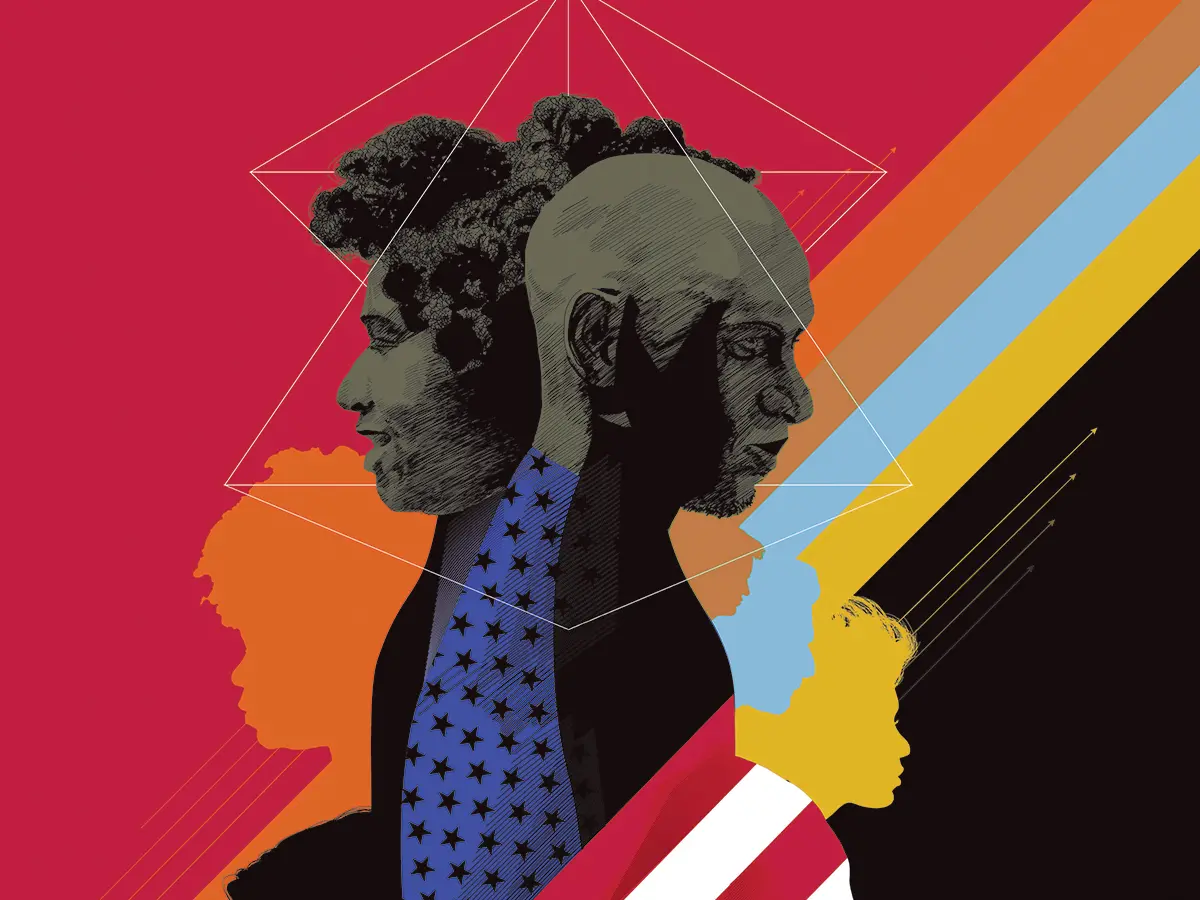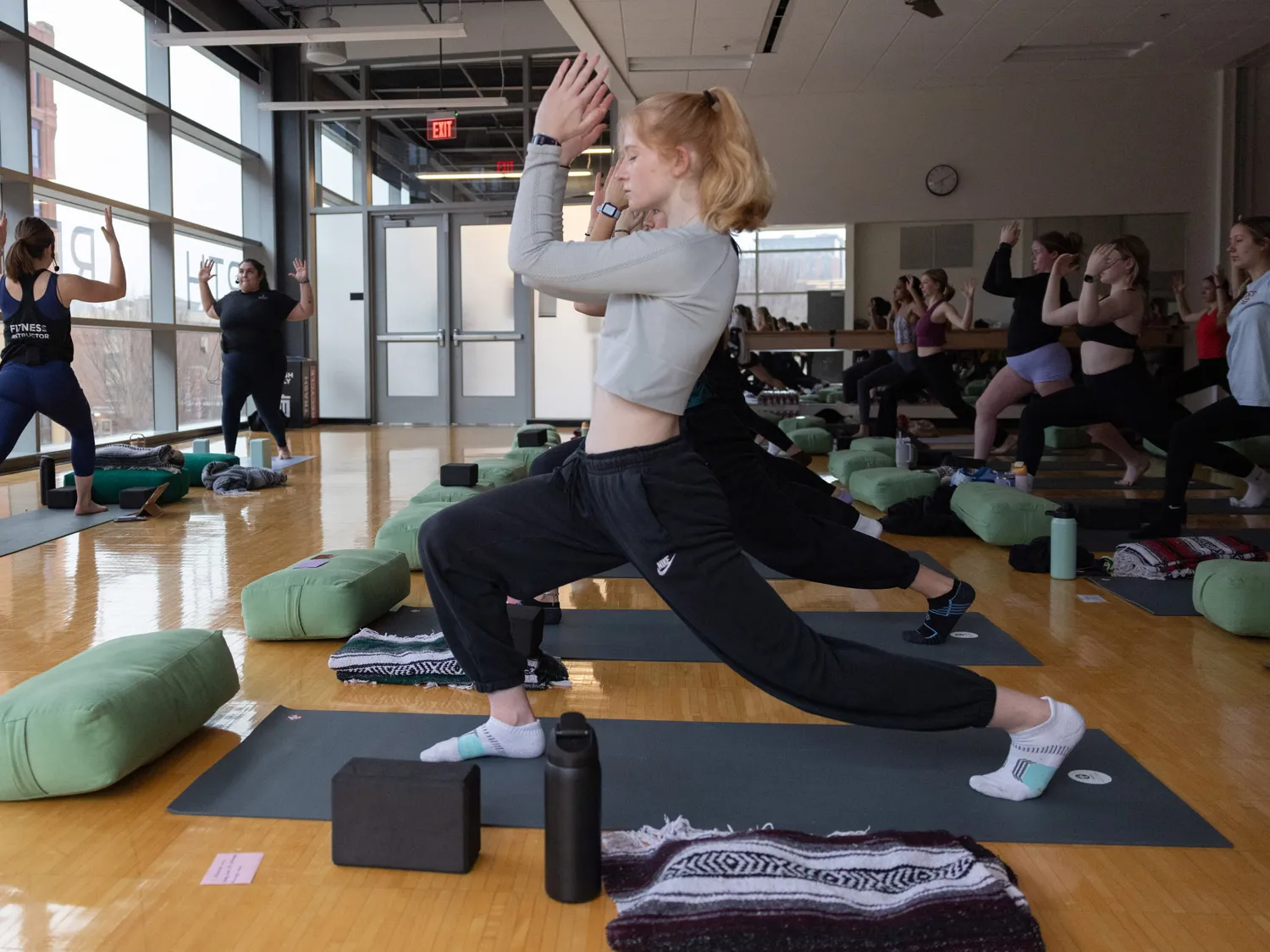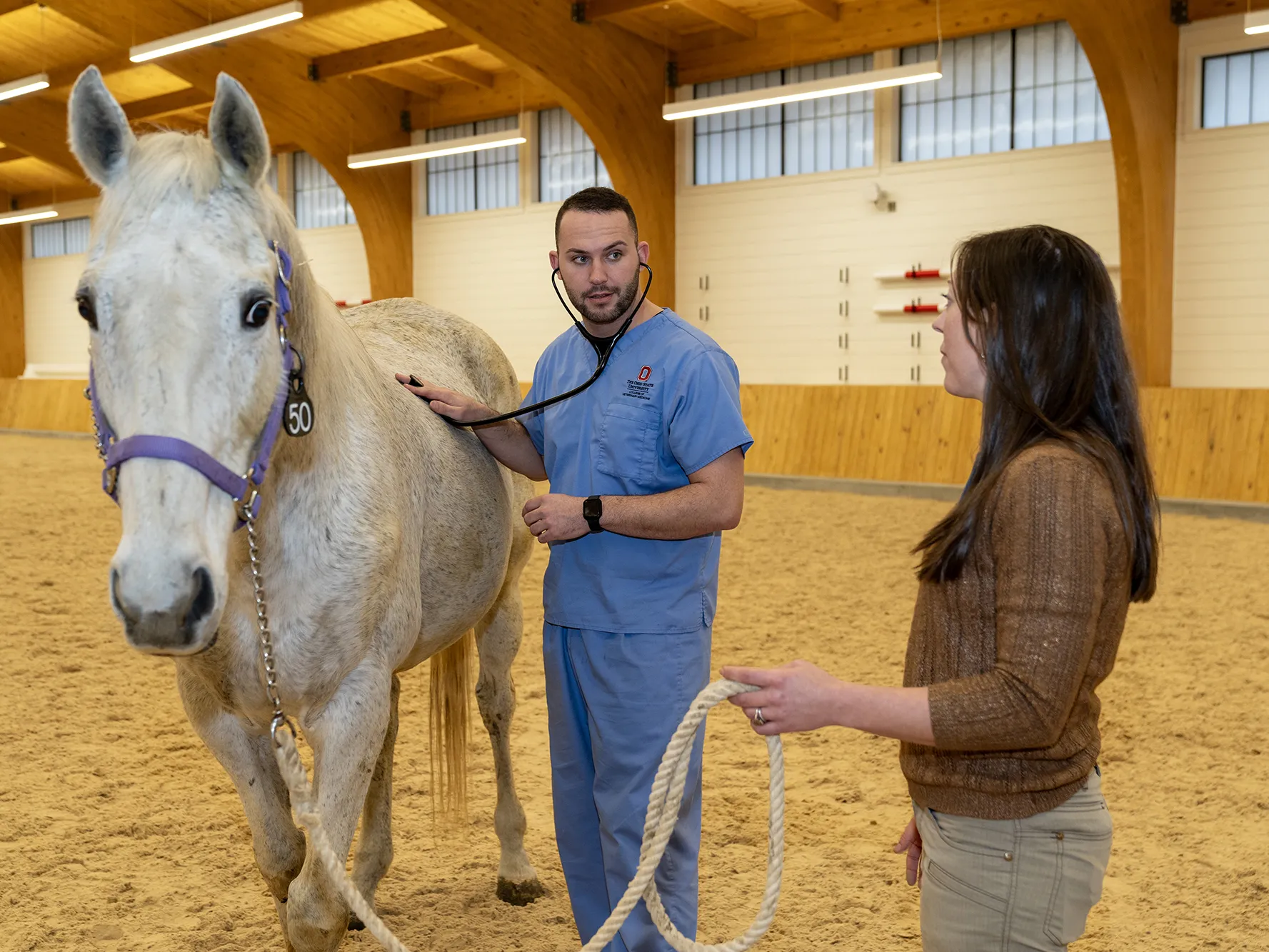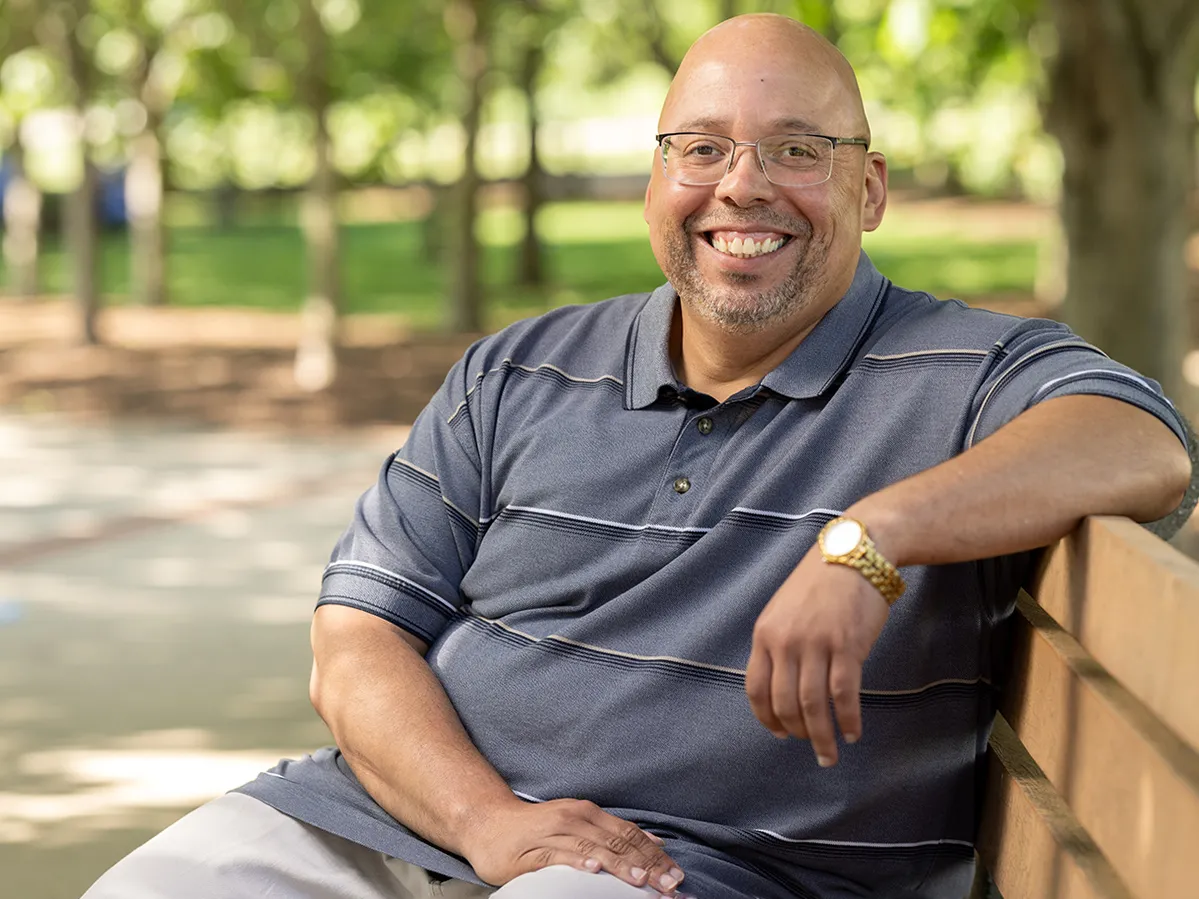Our race shouldn’t determine our health
Dr. J. Nwando Olayiwola discusses the urgent need to acknowledge and reckon with the forces that mean people of color and members of Black and Indigenous communities receive less and poorer health care than white people.
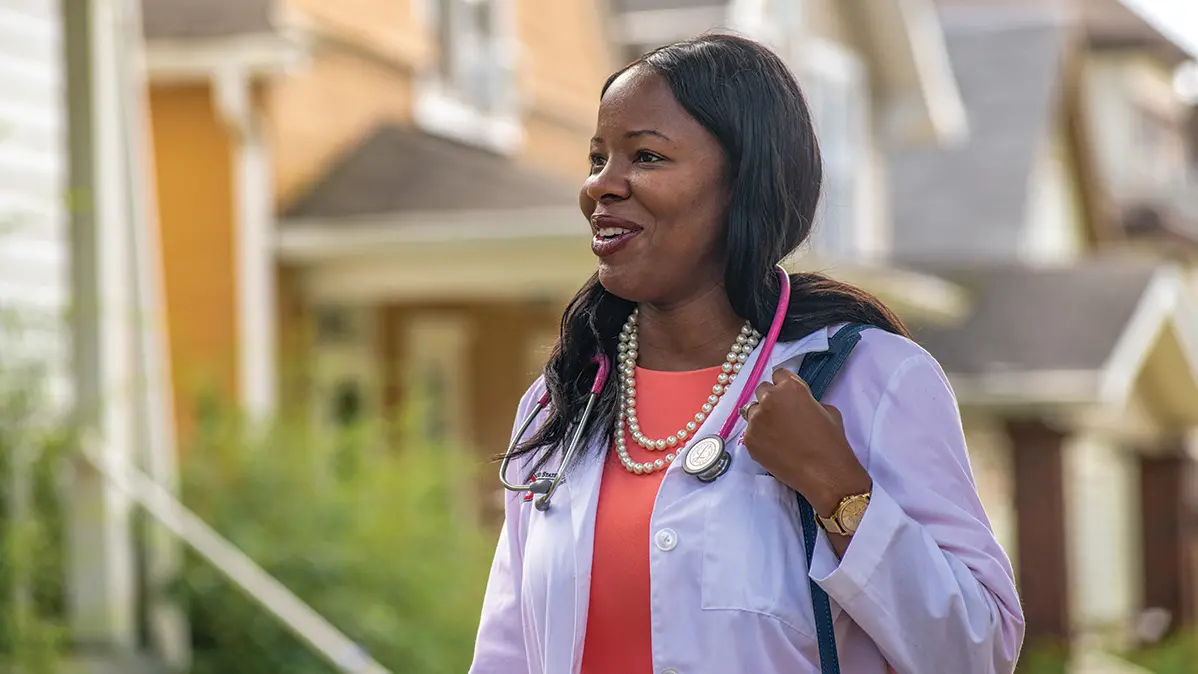
(Photo by Jo McCulty)
-
Within your own practice, are you seeing disparities among COVID-19 patients?
What we’re seeing in central Ohio is not far off from what we’re seeing across the country — higher rates of both infection and more severe illness in African American populations than in white populations. Additionally, we have housing insecurity, homelessness, food insecurity, chronic disease, poverty, congested living conditions, economic injustice and many other derivatives of racism and structural oppression that perpetuate health risks for Black and minority populations and make them more vulnerable. If you combine these and then layer on a pandemic, it should not surprise us when we see magnified health disparities. But we cannot resign and blame the vulnerabilities — we must act.
-
How can we address these obstacles?
It’s important that we understand the needs of the communities we serve and where the greatest vulnerabilities are. For example, some of the early testing sites were not in communities of color, so it was hard for people to get tested. Fortunately, Ohio State already was focused on community engagement and community health. Longstanding relationships with trusted partners were able to be leveraged for action. It wasn’t like we were trying to create this network once COVID-19 hit. But there is a long road ahead. We didn’t get here quickly, and we won’t eliminate these problems quickly.
-
Can you tell us about the medical center’s new anti-racism action plan?
I am so proud to be part of this work. We felt it was essential to apply anti-racist thinking and action in policies, education, training and activity. We need to continue educating people that racism is a public health crisis and work to create a culture of accountability and safety for all Ohio State leaders, students, trainees and employees. This plan moves us from rhetoric to action. Fortunately, a lot of people want to do the work; they are asking to be involved. We are building something at Ohio State that can truly be useful well beyond our environment and our state. I am so happy I came back to be here in this moment.
Explore anti-racism resources
Join the 21-Day Anti-Racism Challenge, read the Wexner Medical Center and Health Sciences Colleges Action Plan and access other tools and information.
